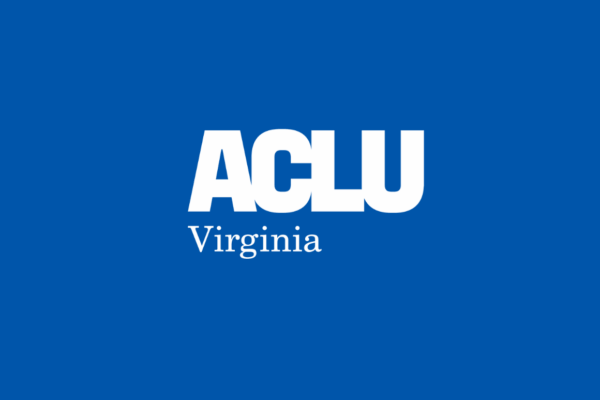By Kent Willis, Executive Director, ACLU of Virginia
In the recent fight for pay equity, Congress came in like a lion and recessed like a lamb.
Congress roared into action earlier this year when they enacted the Lilly Ledbetter Fair Pay Act, which allows equal-pay lawsuits to to be brought challenging old discriminatory pay schemes, so long as they still have an impact on current employees.
Also, at the beginning of this Congress, the House of Representatives overwhelmingly passed the Paycheck Fairness Act, a bill designed to finally secure equal pay for equal work for all Americans. On January 9, 2009 with bipartisan support, the House passed the Paycheck Fairness Act (H.R. 12) on a 256-163 vote.
Before leaving the Senate, now Secretary of State Hillary Clinton introduced the Paycheck Fairness Act (S. 182).
But three months later, there is still silence from the Senate.
The Paycheck Fairness Act would give employees the tools they need to challenge the wage gap. Together, it and the Ledbetter Fair Pay Act could create a climate where wage discrimination is no longer tolerated.
Some think wage inequity no longer exists, including many in the Senate. These opponents of the Paycheck Fairness Act point to statistics showing the progress that women have made in the workforce.
But we continue to recognize Equal Pay Day -on April 28 this year-because women still earn significantly less than men. On average, it took a woman all of 2008 and almost four more months into 2009 - until April 28 - to earn the same amount that a man earned in 2008 alone. According to the U.S. Census Bureau, women who work full time still earn, on average, 78 cents for every dollar men earn. For African-American women and Latinas, the numbers are even worse.
Forty-five years ago, when the Equal Pay Act was passed, women earned 59 cents for every dollar men earned. At the current rate of progress, it will take about 45 more years before women reach equal pay with men.
In this economic climate working families cannot afford to wait. The entire family feels the pain of wage discrimination. As unemployment rates skyrocket, families depend on women's income more than ever, making pay equity even more critical to families' economic security and the nation's economic recovery.
Economist Evelyn Murphy estimates that chronic wage discrimination will deprive a woman of between $700,000 and $2 million over her career. This figure grows when the loss of pension and social security benefits is included. The effects of wage discrimination follow its victims for a lifetime.
Unfortunately, over time, loopholes and weak remedies have made the Equal Pay Act of 1963 less effective in combating wage discrimination. The Paycheck Fairness Act would provide much needed updates to the Equal Pay Act and tackle the most stubborn barriers to fair pay, while balancing the needs of both employees and employers.
The Paycheck Fairness Act requires employers to demonstrate that wage differences between men and women holding the same position and doing the same work stem from criteria unrelated to their gender. Of course, factors such as merit and seniority, for example, remain acceptable reasons for differences in pay. But the bill clarifies that those pay differences must truly be based on reasons other than the sex of their employees.
Often, company policies prohibit employees from telling colleagues about their salary. To address this barrier, the bill prohibits retaliation against workers who ask about a company's wage practices or tell other employees about their wages. However, to balance business' need for confidentiality in some instances, employees with access to colleagues' wage information in the course of their work, such as human resources employees, may still be prohibited from sharing that information.
The Paycheck Fairness bill also strengthens penalties for equal pay violations. The bill's measured approach levels the playing field by ensuring that women can obtain the same remedies as those subject to discrimination on the basis of race or national origin.
At the same time, this legislation provides new tools for employers. It would require the U.S. Department of Labor to reinstate important activities, such as directing educational programs to assist women in the workforce, providing technical assistance to employers, recognizing the achievements of businesses that address the wage gap, and collecting wage-related data. The U.S. Equal Employment Opportunity Commission would receive additional training to better identify and handle wage disputes.
The Paycheck Fairness Act brings all of the parties - employees, employers, economists and the federal government - together to eliminate the persistent wage gap. For the sake of our families' future financial welfare, it is time for the Senate to make pay equity a priority by passing this significant bill.
Stay Informed
Sign up to be the first to hear about how to take action.
By completing this form, I agree to receive occasional emails per the terms of the ACLU’s privacy statement.
By completing this form, I agree to receive occasional emails per the terms of the ACLU’s privacy statement.

